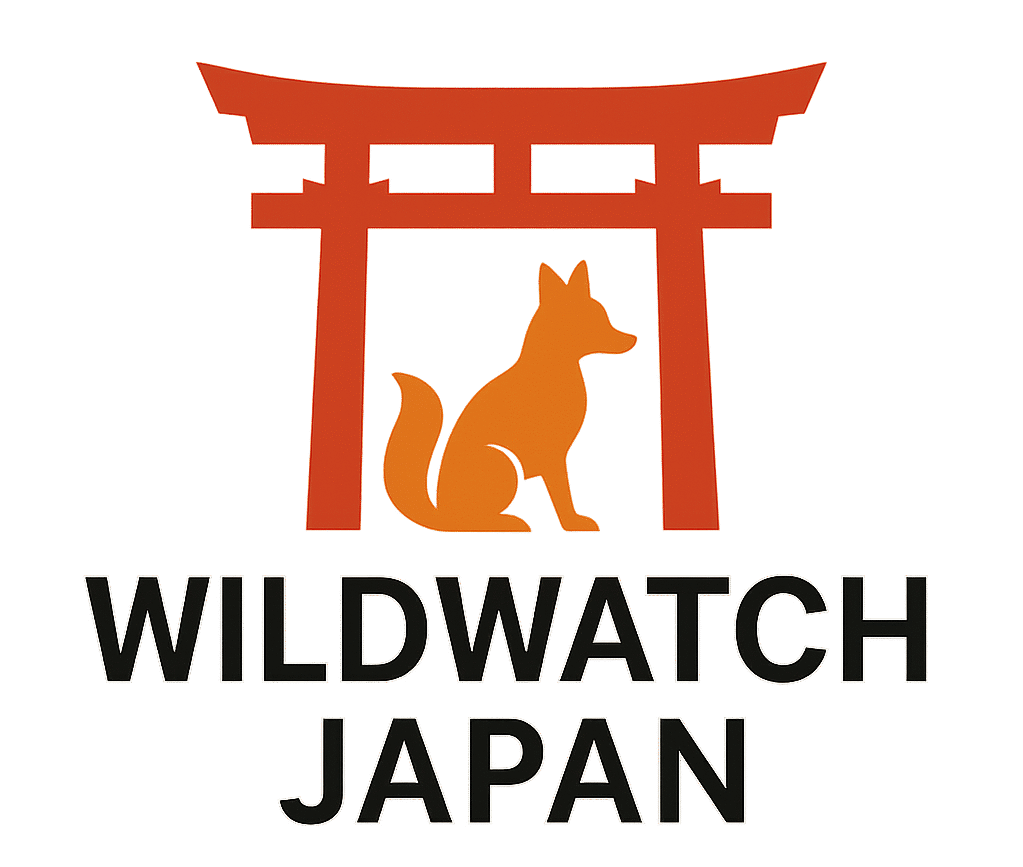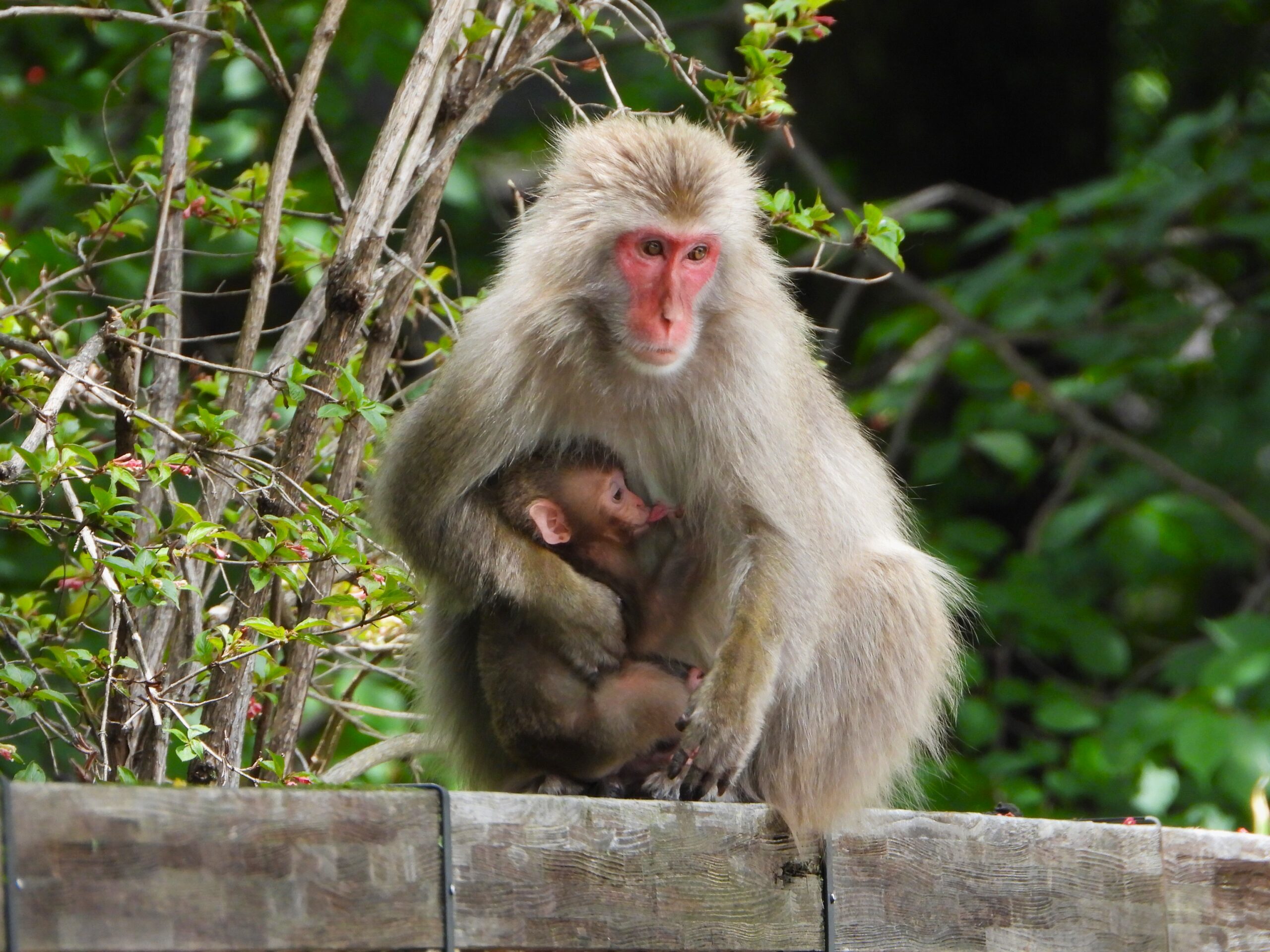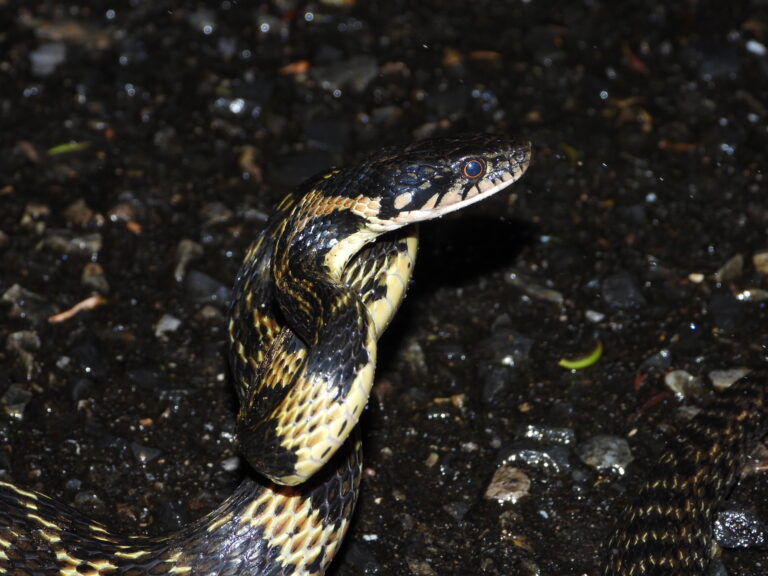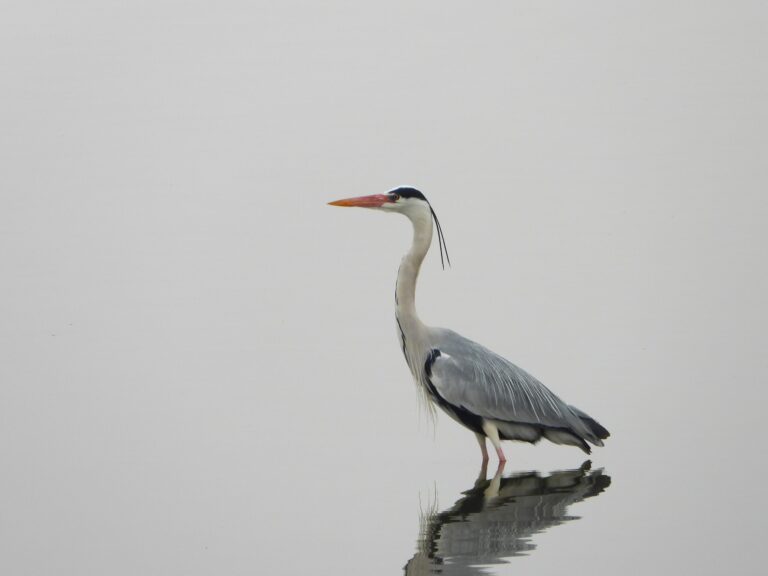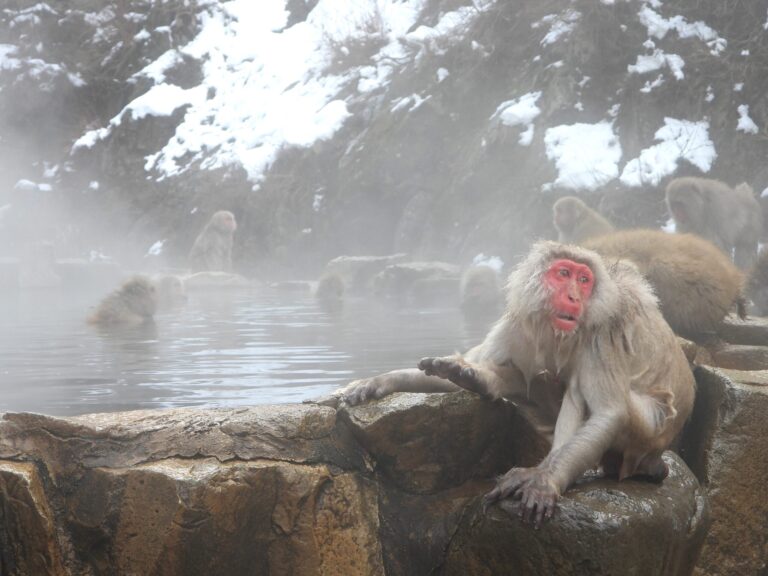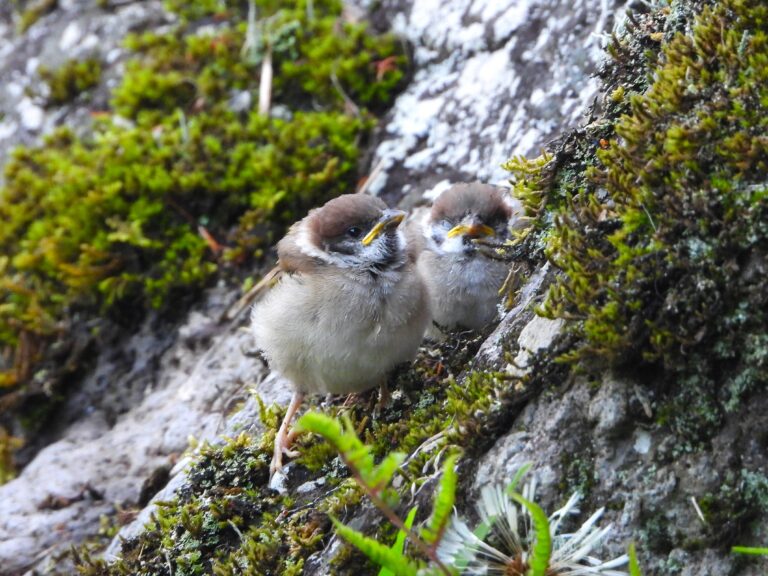Wildlife in Japan – Discover Japan’s Most Iconic Animals
Introduction
Japan’s archipelago stretches from the snowy peaks of Hokkaido to the subtropical forests of Okinawa, creating one of the most diverse wildlife habitats in Asia.
This island nation is home to creatures found nowhere else on Earth — from mountain-dwelling mammals and migratory birds to vivid insects and unique reptiles.
At WildWatch Japan, we explore these remarkable species and the natural beauty that surrounds them.
If you are interested in animals you can actually encounter during travel, especially around major cities, see Wildlife You Can See Around Japanese Cities.
→Wildlife You Can See Around Japanese Cities
Mammals of Japan
Sika Deer (Cervus nippon)
Graceful and adaptable, the sika deer roams forests across Japan. In Nara, they are considered sacred messengers of the gods, peacefully walking among visitors and temples.
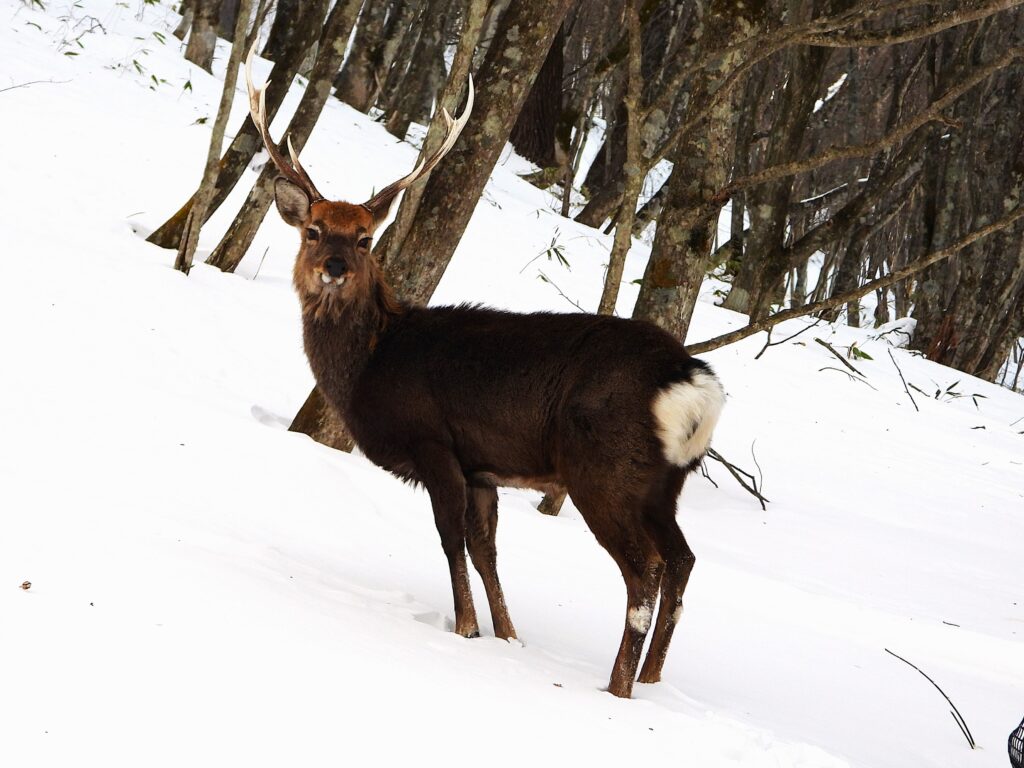
Japanese Macaque (Macaca fuscata)
Known as the “snow monkey,” this intelligent primate famously bathes in hot springs during Nagano’s harsh winters — a truly iconic image of Japan’s wildlife.
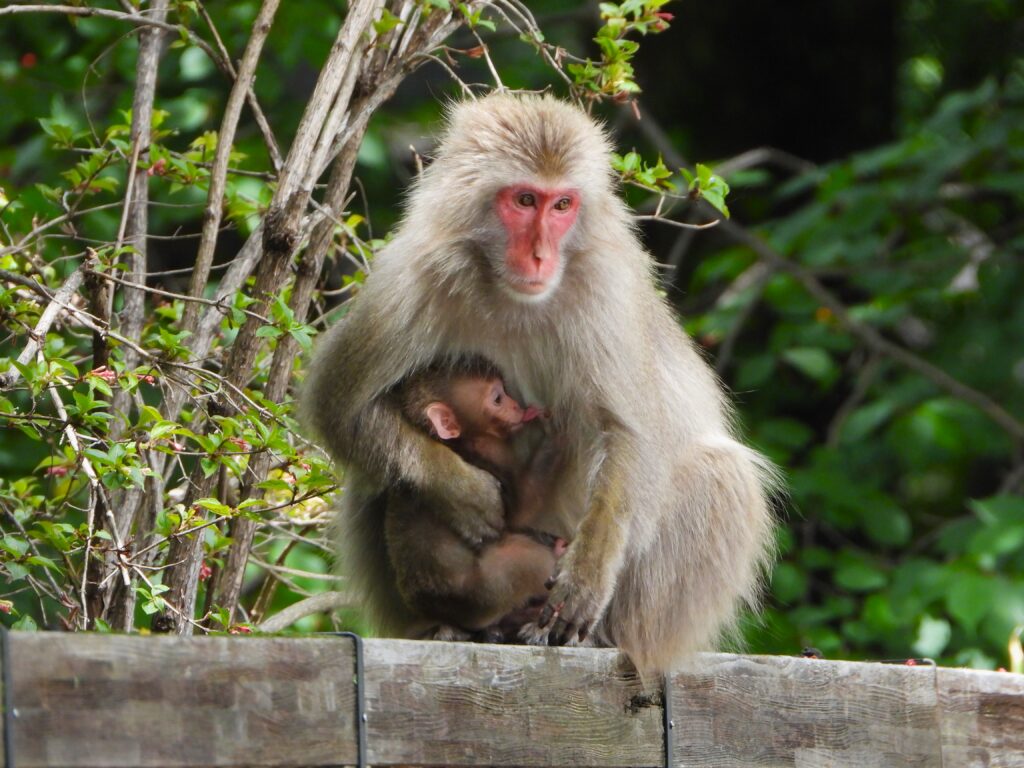
Japanese Serow (Capricornis crispus)
A national treasure, the Japanese serow inhabits steep mountain forests. Solitary and elusive, it feeds quietly on leaves and twigs in the misty highlands.
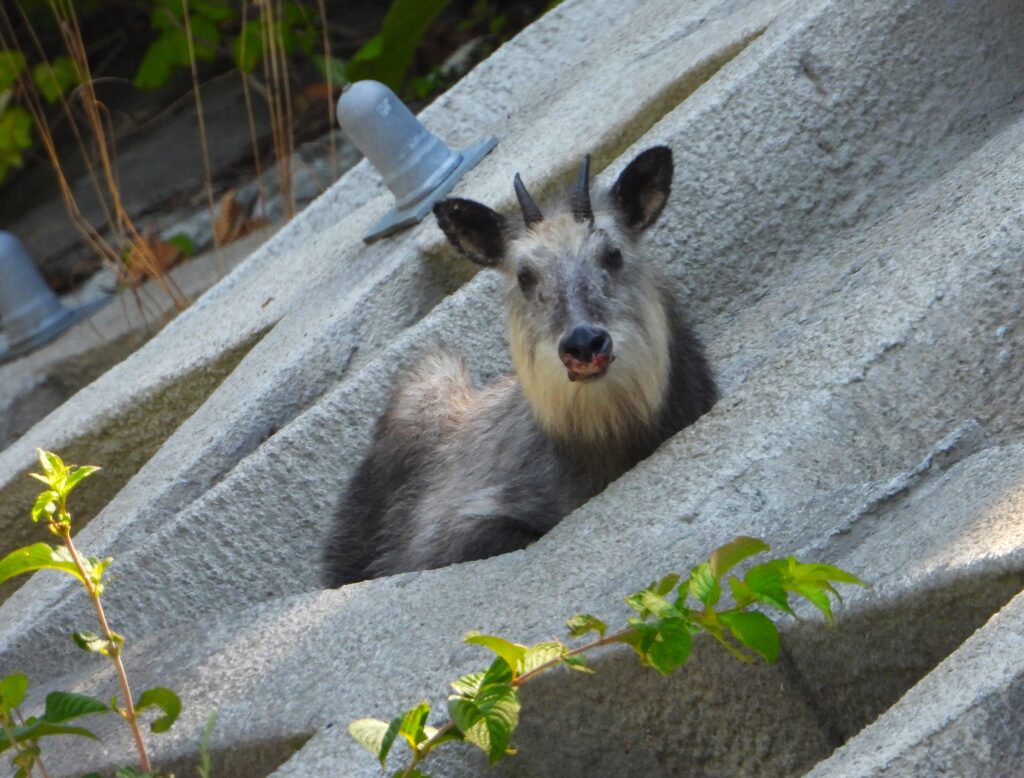
Birds of Japan
Red-crowned Crane (Grus japonensis)
A symbol of longevity and love, this elegant crane breeds in Hokkaido’s wetlands. Its graceful dance in the snow captures the spirit of Japanese nature.

Steller’s Sea Eagle (Haliaeetus pelagicus)
Among the world’s largest eagles, it winters along Hokkaido’s coasts. With its striking black-and-white plumage and immense wingspan, it commands the winter skies.
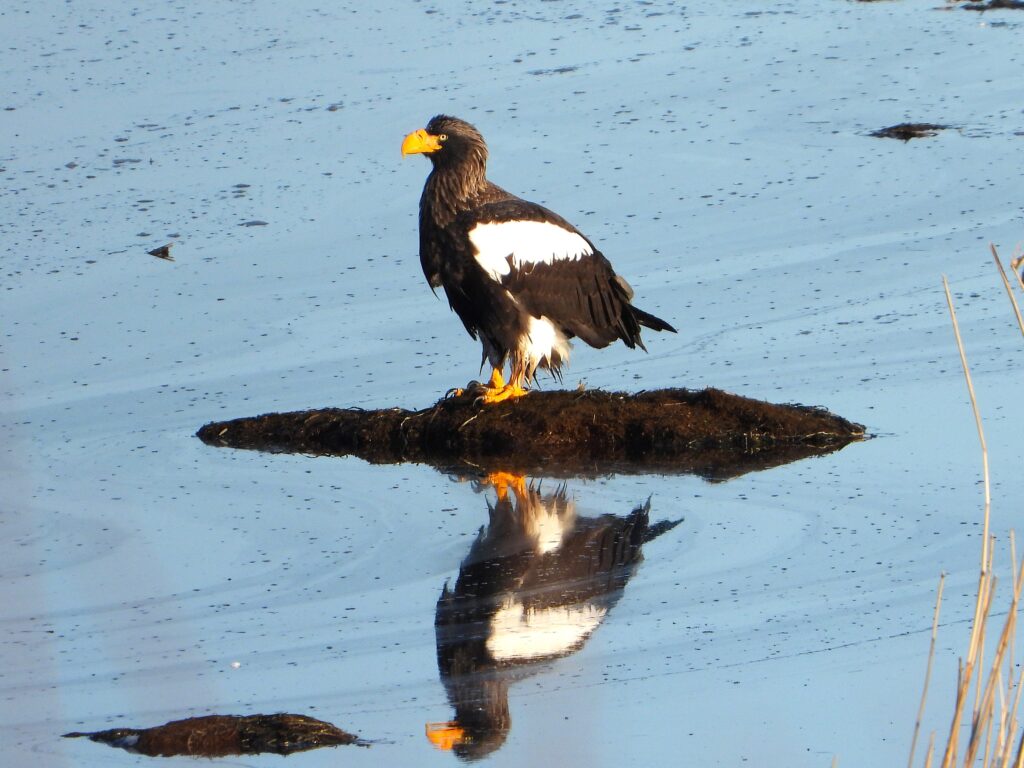
Blue-and-white Flycatcher (Cyanoptila cyanomelana)
A small migratory songbird that returns each spring. Its vivid blue feathers and melodic call bring life and color to Japan’s forests.
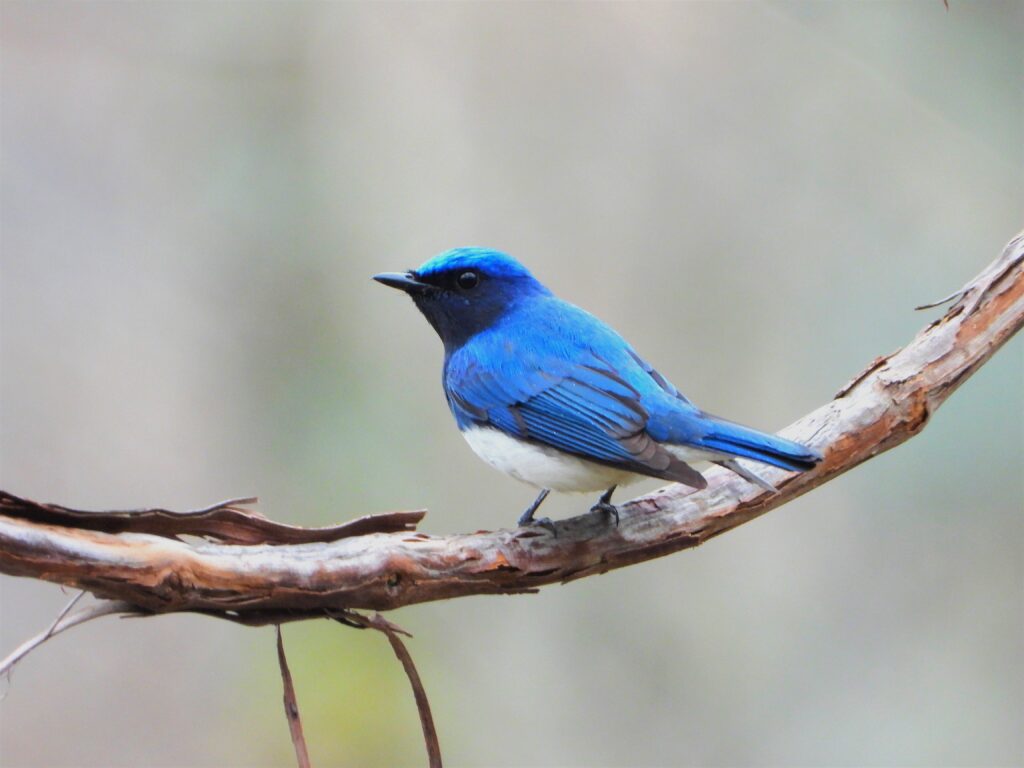
Insects of Japan
Japanese Rhinoceros Beetle (Trypoxylus dichotomus japonicus)
A beloved summer symbol, famous for its horned head and popularity among children. Often found in oak forests during warm nights.
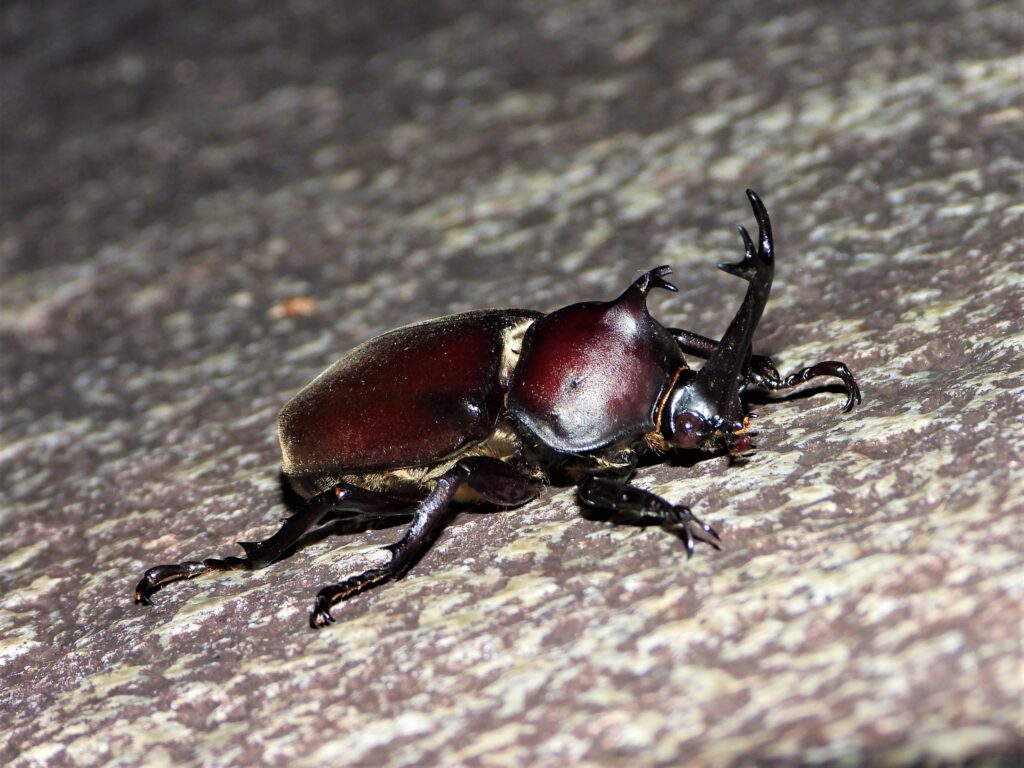
Miyama Stag Beetle (Lucanus maculifemoratus)
Living in cool mountain forests, this impressive beetle is admired for its majestic antler-like jaws and robust body.
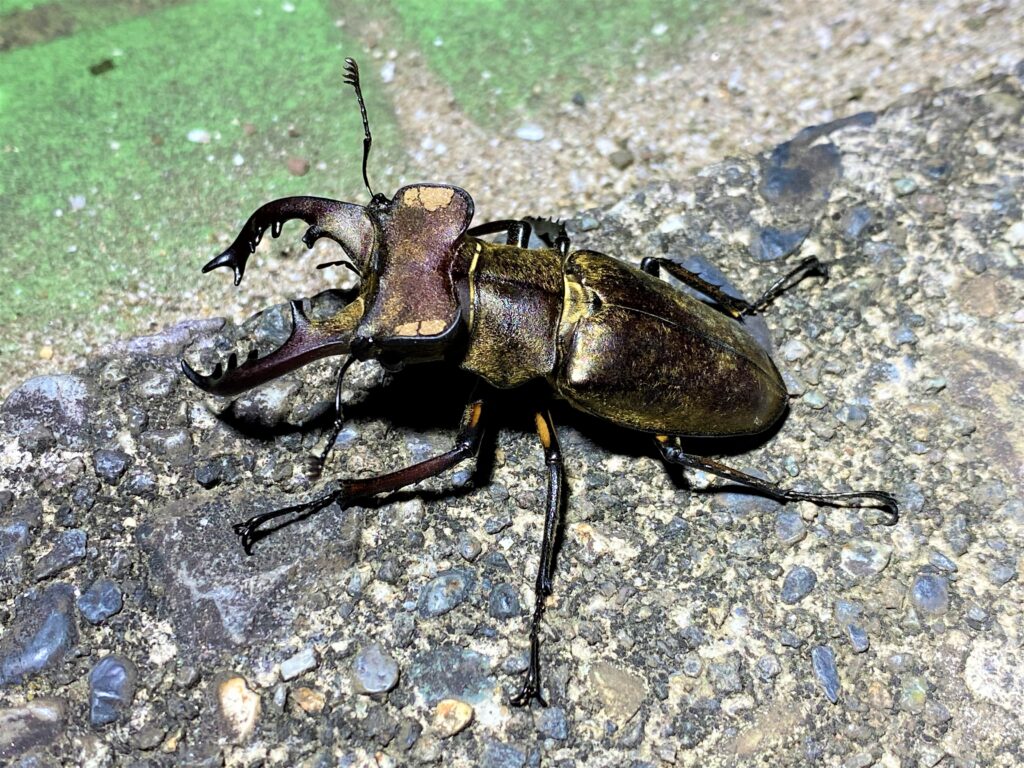
Miyama Swallowtail (Papilio maackii)
With shimmering blue-green wings, this butterfly is among Japan’s most beautiful insects — a living jewel of the forest.
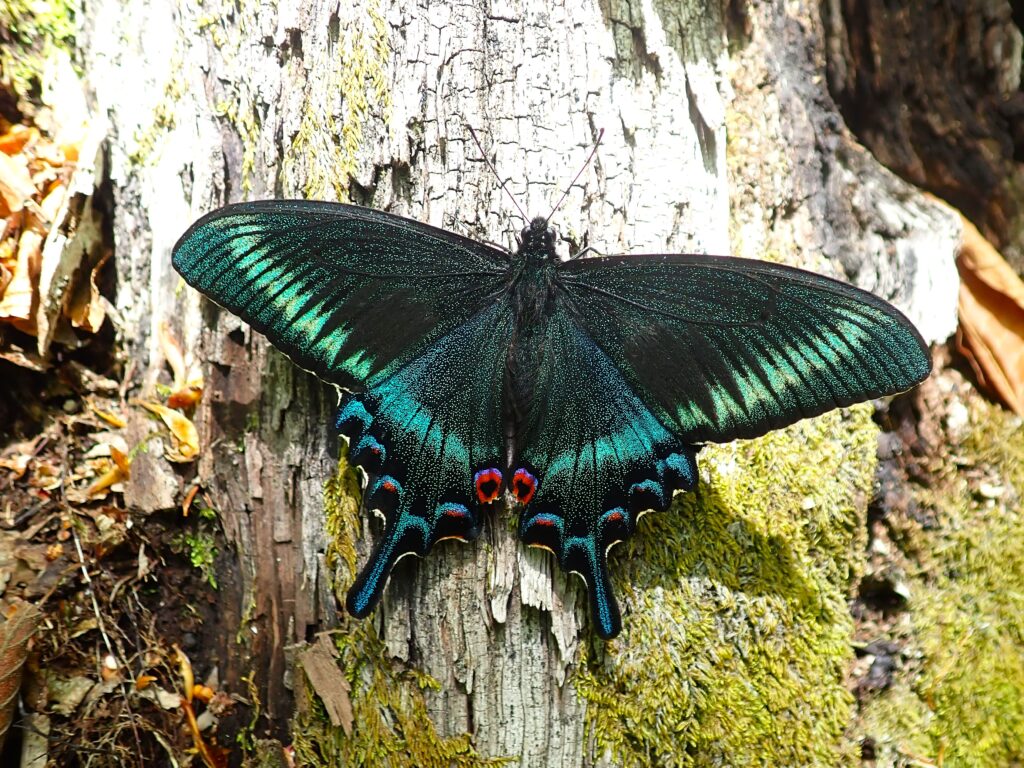
Reptiles and Amphibians of Japan
Japanese Tree Frog (Dryophytes japonicus)
A small amphibian that can change color to blend with its surroundings. Its cheerful calls echo through rice paddies during summer nights.
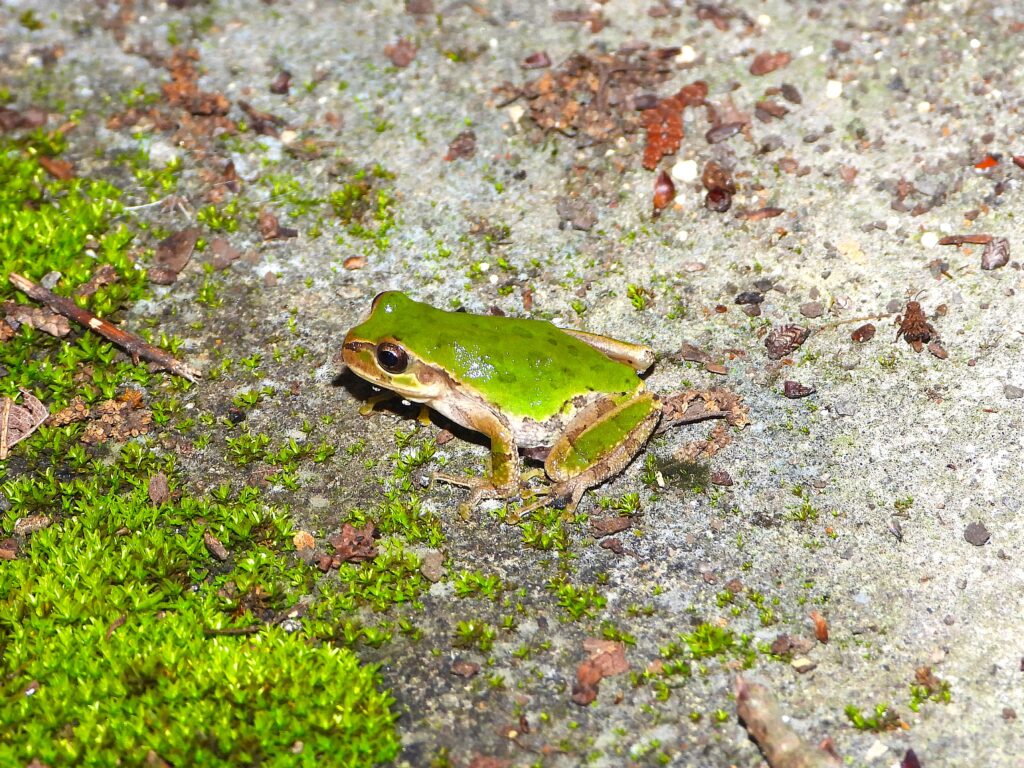
Japanese Rat Snake (Elaphe climacophora)
A harmless and elegant snake often seen near shrines and rural homes. It helps farmers by controlling rodent populations.
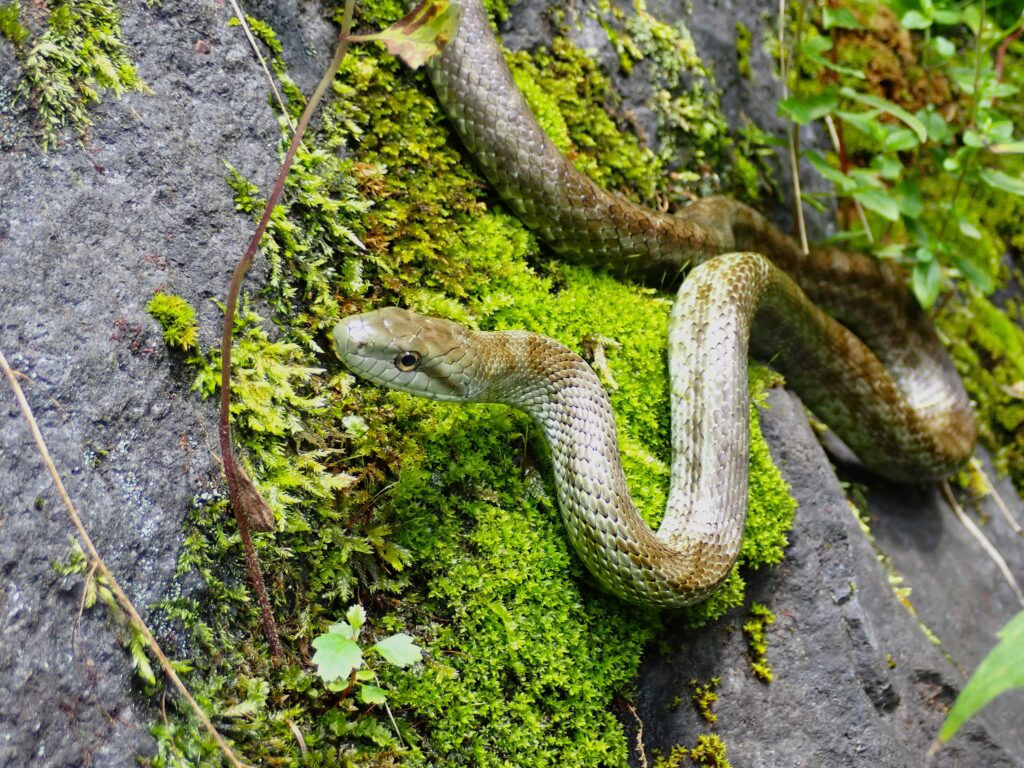
Habu (Protobothrops flavoviridis)
A venomous pit viper native to the Ryukyu Islands. Feared yet respected, it embodies the wild and untamed nature of Okinawa’s forests.
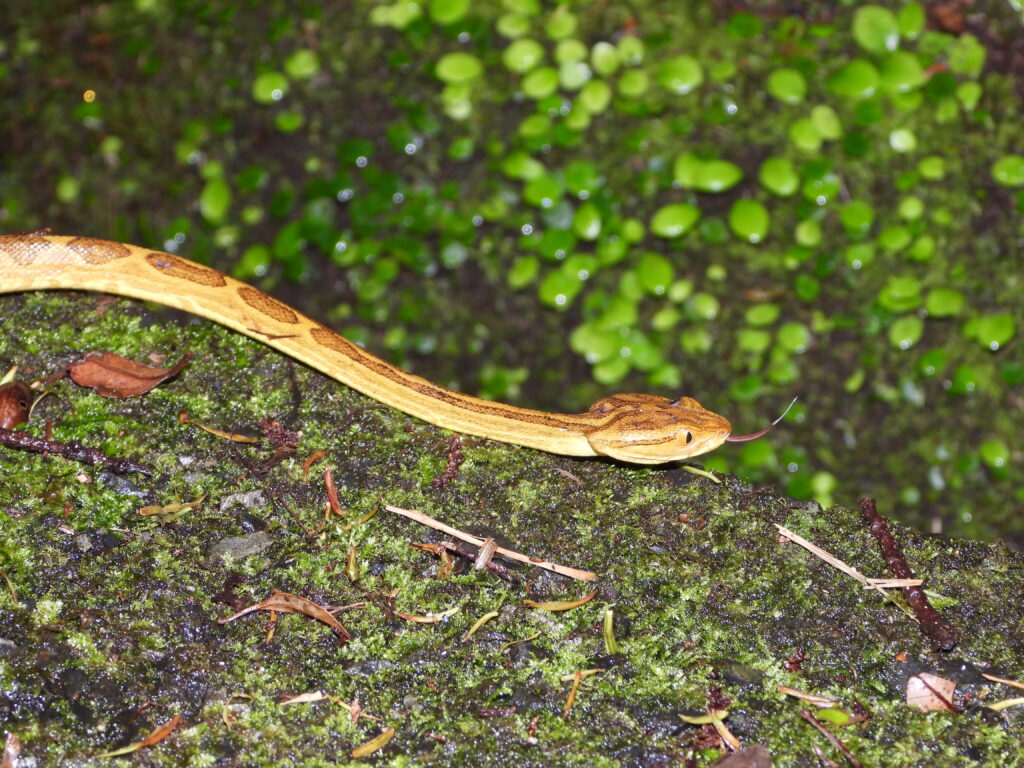
Conservation in Japan
Japan’s wildlife is protected through a network of national parks and nature reserves.
However, deforestation, urbanization, and invasive species continue to threaten native animals.
Ongoing conservation efforts and public awareness are vital to preserving this irreplaceable biodiversity for future generations.
Author’s Impression
During my journeys across Japan, I’ve encountered snow monkeys in Nagano’s hot springs, cranes dancing in Hokkaido’s snowfields, and snakes gliding through the forests of Amami.
Each encounter reminds me how extraordinary Japan’s wildlife truly is — and how important it is to protect it.
